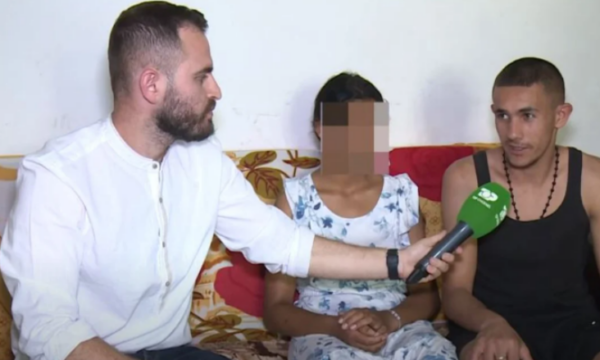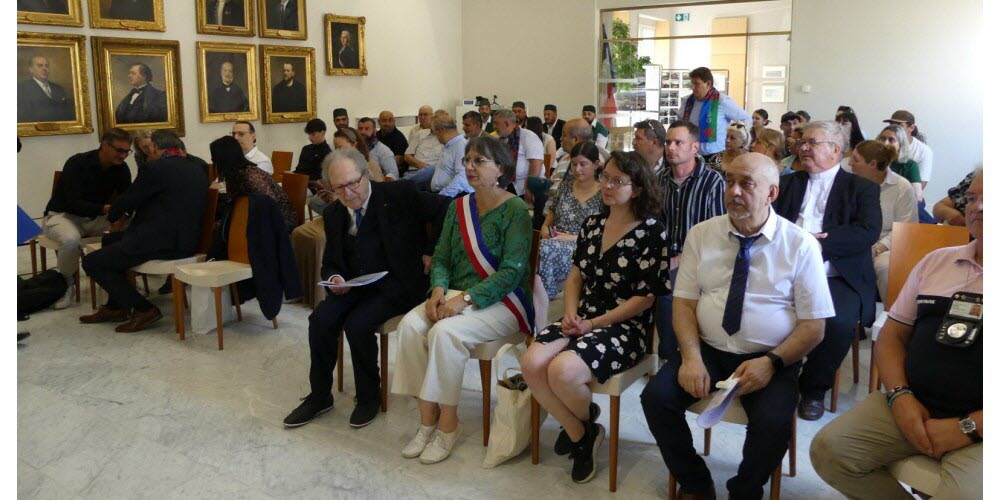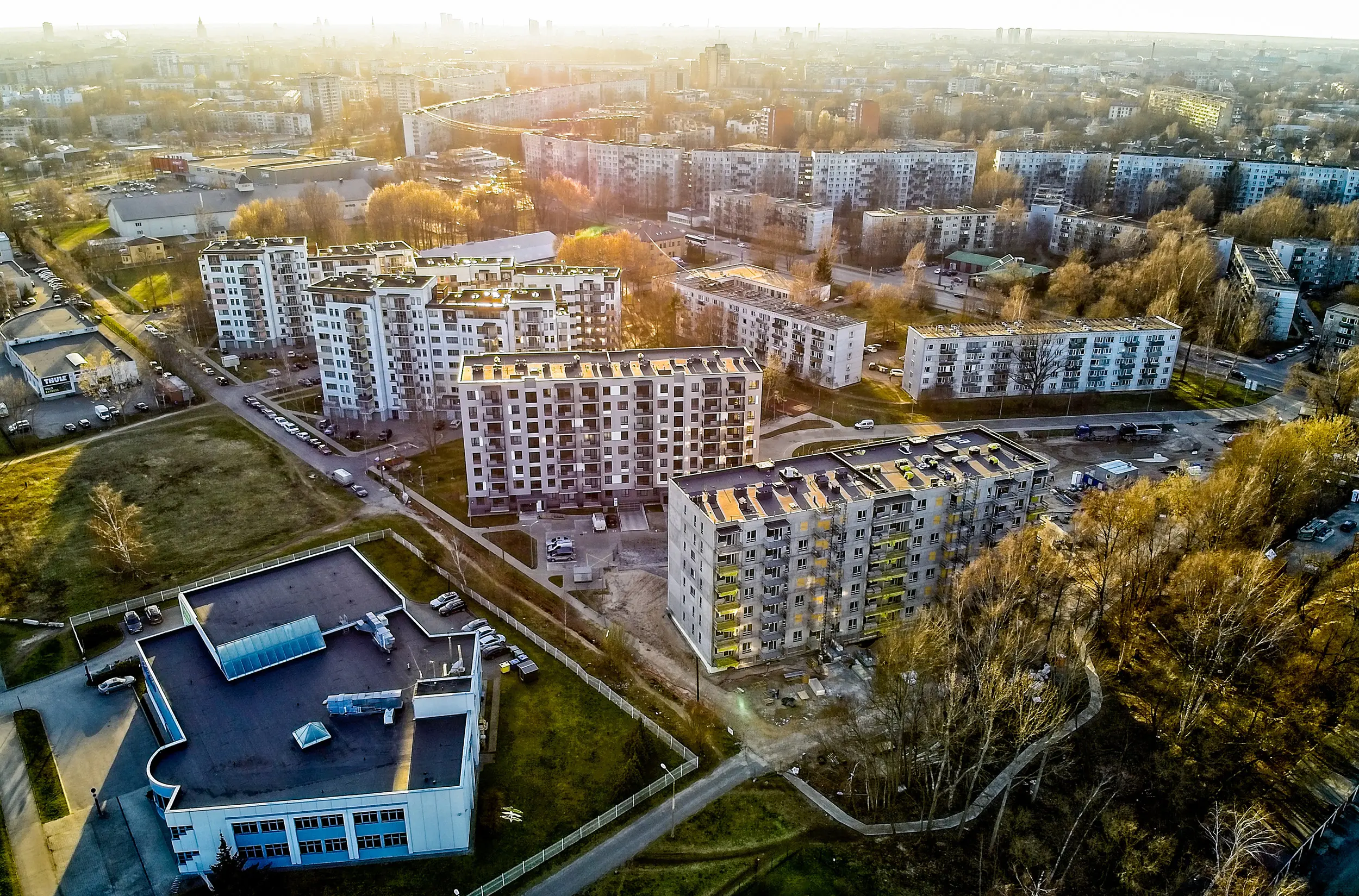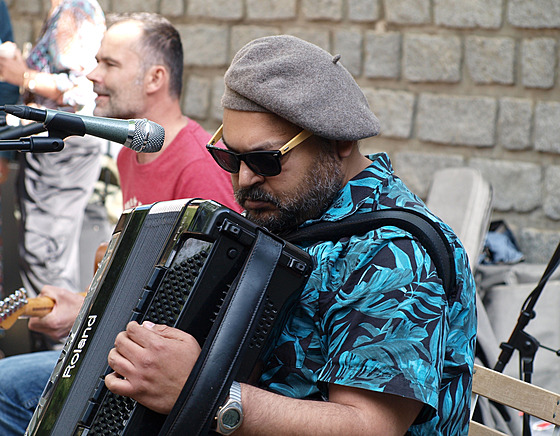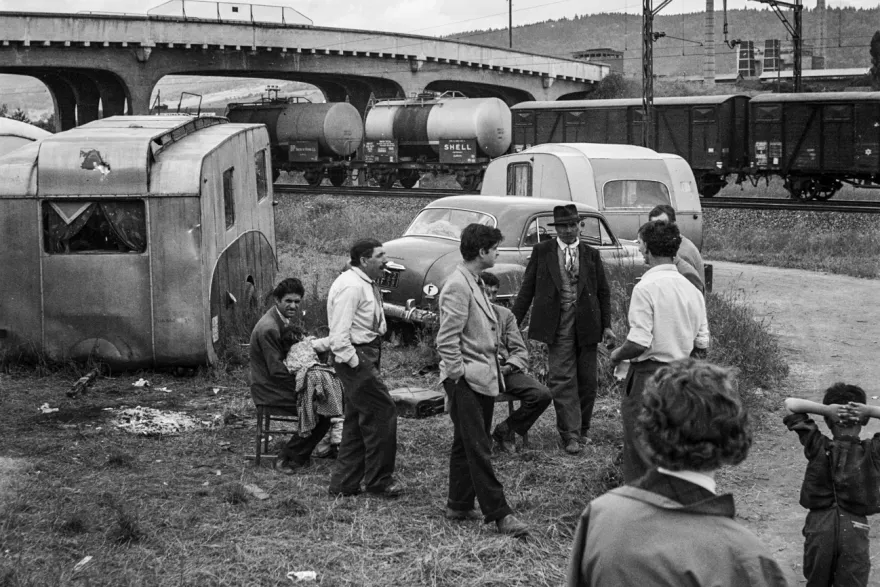The case of a 13-year-old woman who became a mother. The father of her child is 25 years old. What is bad is that both say this is the tradition. Well, not quite …
- « Ce sont des traditions roms », déclare le couple qui a « choqué » l’Albanie – Une adolescente de 13 ans est devenue mère. In: Gazeta Express. 19.06.2025. https://www.gazetaexpress.com/fr/Ce-sont-les-traditions-roms–dit-le-couple-qui-a-choqué-l%27Albanie–une-jeune-fille-de-13-ans-est-devenue-mère/
